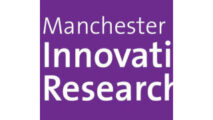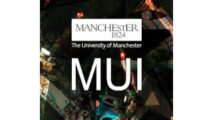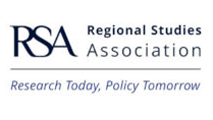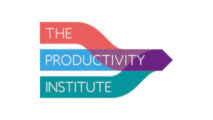César Hidalgo holds an ANITI Chair at the University of Toulouse, an Honorary Professorship at the University of Manchester, and is a visiting Professor at Harvard’s School of Engineering and Applied SciencCes. Hidalgo is also a founder of Datawheel, a data visualization and distribution company. Prior to joining the University of Toulouse, Hidalgo was a professor at MIT where he directed the Collective Learning group.
Dr. Hidalgo’s research focuses on collective learning–the learning taking place in teams, organizations, and economies. With his group, he develops analytical tools and models to understanding how collective learning takes place, and also, they design tools to help improve the collective learning of organizations.
These tools include The Observatory of Economic Complexity (the world’s leading visualization engine for international trade data), Pantheon (a platform mapping human collective memory), DataViva (a platform visualizing economic data for all of Brazil), Immersion (a tool to visualize personal email networks), DataUSA (the most comprehensive effort to visualize US public data), and DIVE (a generalized tool designed to transform any dataset into a story).
A native of Santiago de Chile and a permanent resident of the US, Hidalgo is the only hispanic faculty of the MIT Media Lab. He holds a PhD in physics from the University of Notre Dame and a bachelor’s degree in physics from the Pontificia Universidad Católica de Chile. Hidalgo is the author of Why Information Grows: The Evolution of Order, from Atoms to Economies (Basic Books, 2015), and a co-author of The Atlas of Economic Complexity (MIT, Press 2011).






